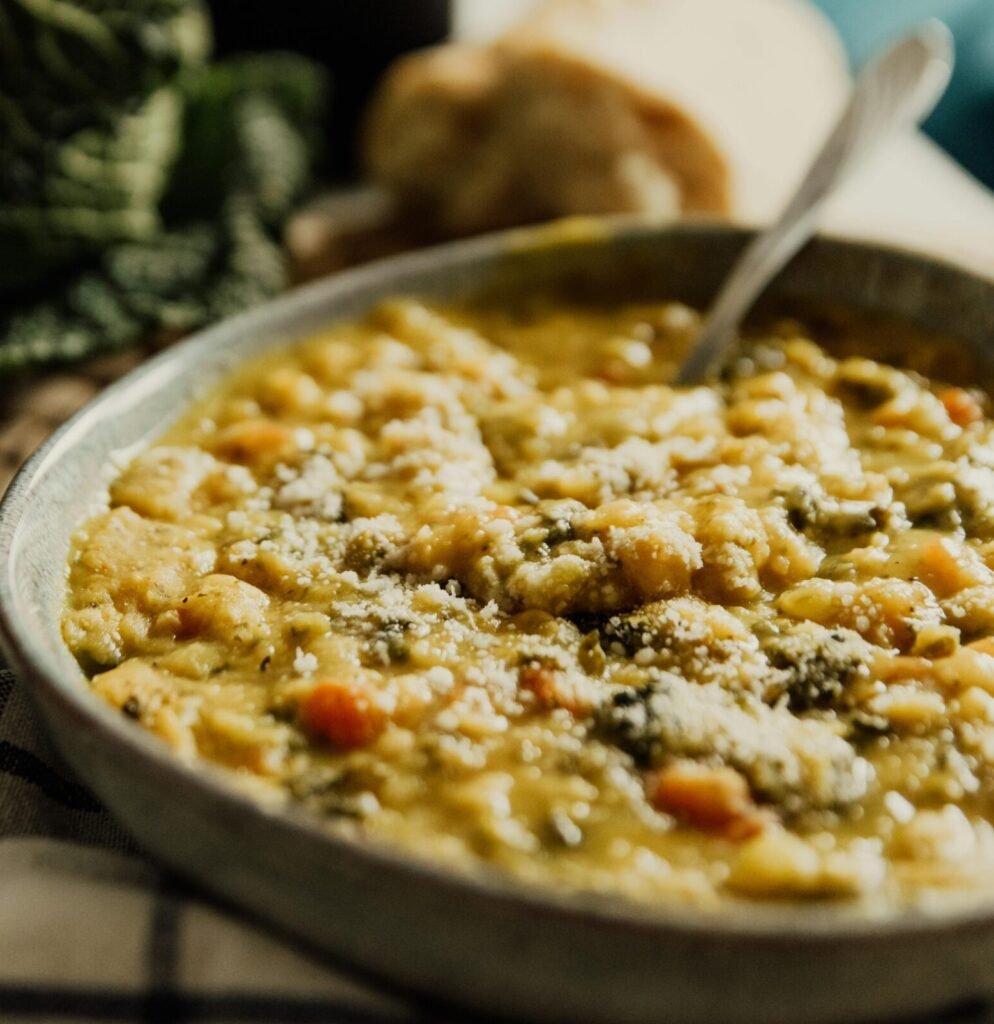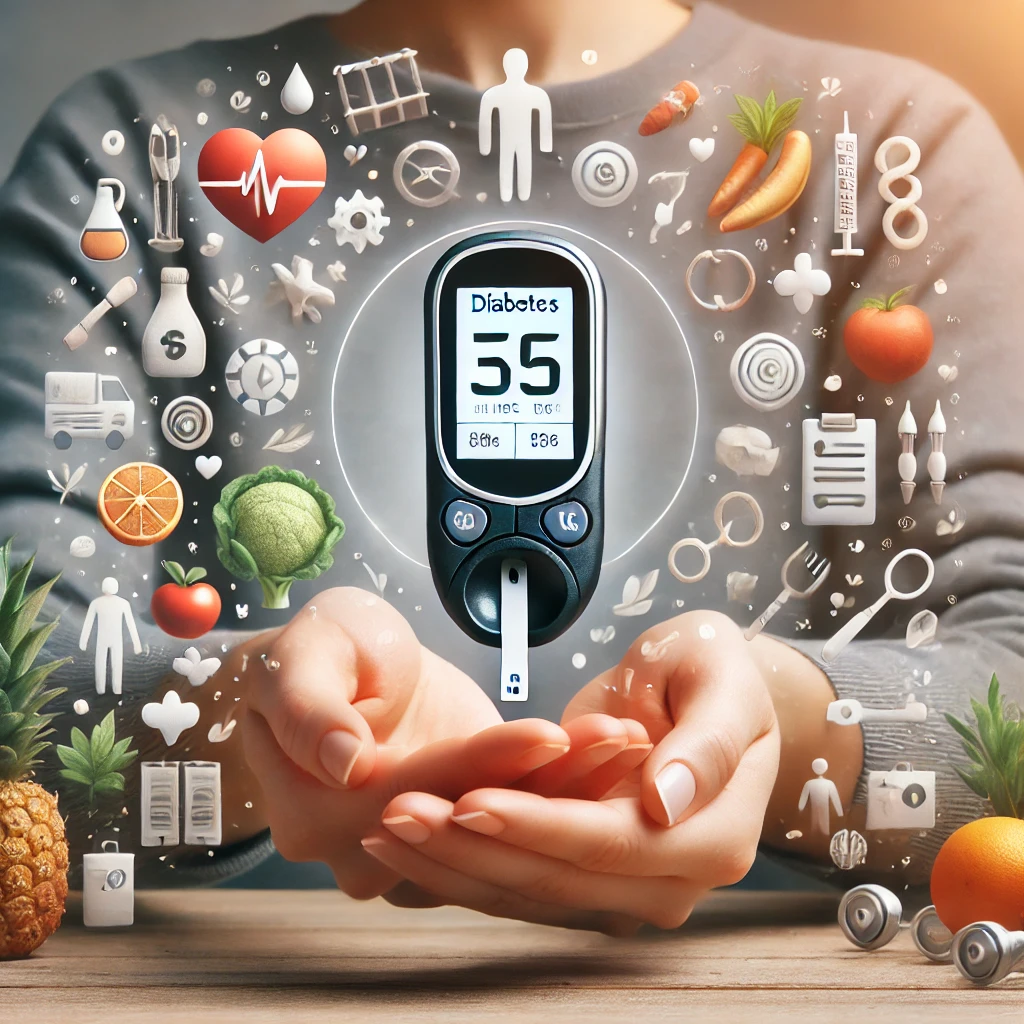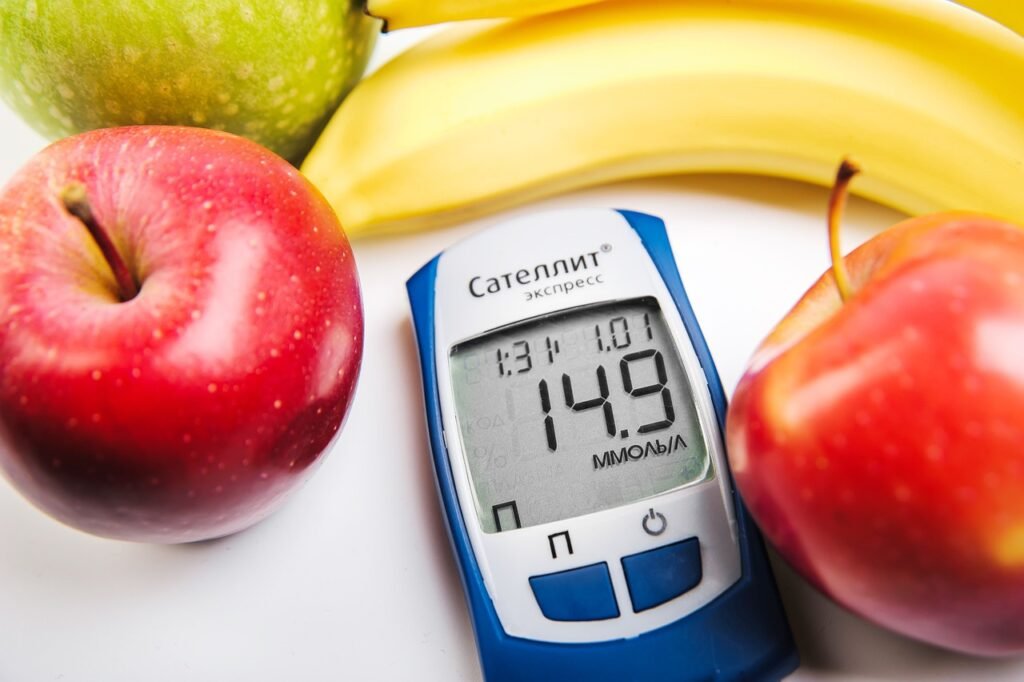Introduction
Imagine this: you’ve just finished a grueling workout. Your muscles are sore, your body is fatigued, but you feel invigorated. What comes next is crucial to your fitness journey – recovery and growth. This is where protein steps in as the unsung hero of muscle repair and growth. But for vegetarians, sourcing sufficient protein can be a puzzle. How can you ensure you’re getting the right nutrients to fuel your progress? Let’s unravel the mystery of protein’s role in muscle health, the importance of amino acids, and how vegetarians can meet their daily protein needs. lets dive into deep to know best proteins for vegetarian.
The Role of Protein in Muscle Repair and Growth”What is Protein?”
Proteins are the building blocks of life, made up of amino acids that our bodies need to function correctly. When you exercise, especially during resistance training, you create tiny tears in your muscle fibers. Protein comes into play by repairing these tears, which in turn leads to muscle growth. This process, known as muscle protein synthesis, is vital for anyone looking to build strength and muscle mass.
The role of protein in muscle repair and growth cannot be overstated. Without adequate protein intake, your body cannot effectively repair and build muscle tissue, leading to stagnation or even a loss of muscle mass. Moreover, protein helps in maintaining muscle mass during weight loss, ensuring that you lose fat instead of Muscle.
The Understanding of Amino Acids
Amino acids are organic compounds that combine to form proteins. They are classified into three groups: essential, non-essential, and conditional. Essential amino acids cannot be made by the body and must be obtained through diet. Non-essential amino acids can be produced by the body, and conditional amino acids are usually not essential except in times of illness and stress.
There are nine essential amino acids that your body needs to get from food: histidine, isoleucine, leucine, lysine, methionine, phenylalanine, threonine, tryptophan, and valine. These amino acids play a critical role in muscle protein synthesis and overall muscle health.
How Vegetarians Can Obtain Essential Protein
One of the challenges vegetarians face is ensuring they get all the essential amino acids since most plant-based proteins are incomplete proteins, meaning they lack one or more of the essential amino acids. However, this can be easily managed by consuming a variety of plant-based foods that together provide a complete amino acid profile.
Combining Foods for Complete Proteins
By combining different plant-based protein sources, vegetarians can obtain all the essential amino acids their bodies need. Here are some examples of food combinations that create complete proteins:
- Rice and Beans: A classic combination that provides all the essential amino acids.
- Hummus and Pita: Chickpeas and whole grain pita together form a complete protein.
- Lentils and Quinoa: Both are great sources of protein and together they cover the amino acid spectrum.
- Peanut Butter on Whole Grain Bread: This childhood favorite is also a powerful protein combo.




High-Protein Vegetarian Foods
To meet their protein needs, vegetarians should focus on high-protein plant-based foods. Here are some excellent sources of protein:
- Lentils: With about 18 grams of protein per cup, lentils are a fantastic protein source.
- Chickpeas: These versatile legumes provide about 15 grams of protein per cup.
- Quinoa: A complete protein with about 8 grams of protein per cup.
- Tofu and Tempeh: Made from soybeans, these are excellent sources of complete protein, providing about 20 grams of protein per cup.
- Greek Yogurt: Offers around 10 grams of protein per 100 grams.
- Nuts and Seeds: Almonds, chia seeds, and hemp seeds are high in protein and healthy fats.
Daily Protein Requirements for Vegetarians
Understanding how much protein you need daily is crucial for muscle repair and growth. The recommended dietary allowance (RDA) for protein is 0.8 grams per kilogram of body weight for the average person. However, for those engaged in regular physical activity, especially strength training, the requirement increases to 1.2 to 2.0 grams per kilogram of body weight.
Calculating Your Protein Needs
To calculate your protein needs, multiply your weight in kilograms by the recommended protein intake for your activity level. For example, if you weigh 70 kg and engage in regular strength training, you might aim for 1.5 grams of protein per kilogram of body weight. This would mean you need approximately 105 grams of protein per day.
Vegetarian Meal Plan for Muscle Repair and Growth
To help you meet your protein requirements, here’s a sample vegetarian meal plan packed with high-protein foods:
Breakfast:
- Greek yogurt with chia seeds, fresh berries, and a drizzle of honey (20g protein)
- Whole grain toast with almond butter (8g protein)
Mid-Morning Snack:
- A smoothie with spinach, banana, peanut butter, and a scoop of plant-based protein powder (25g protein)
Lunch:
- Quinoa salad with chickpeas, mixed vegetables, and a lemon-tahini dressing (22g protein)
Afternoon Snack:
- Hummus with carrot and celery sticks (8g protein)
Dinner:
- Lentil stew with a side of steamed broccoli (25g protein)
Evening Snack:
- Cottage cheese with sliced peaches (15g protein)
Summarization
Protein is the cornerstone of muscle repair and growth, and for vegetarians, it’s entirely possible to meet their protein needs with thoughtful food choices. By understanding the importance of amino acids and incorporating a variety of high-protein plant-based foods into your diet, you can support your muscle-building goals effectively. Remember, a well-planned vegetarian diet can provide all the nutrients your body needs to recover, grow, and thrive. So next time you finish a workout, you’ll know exactly how to fuel your body for maximum gains.


